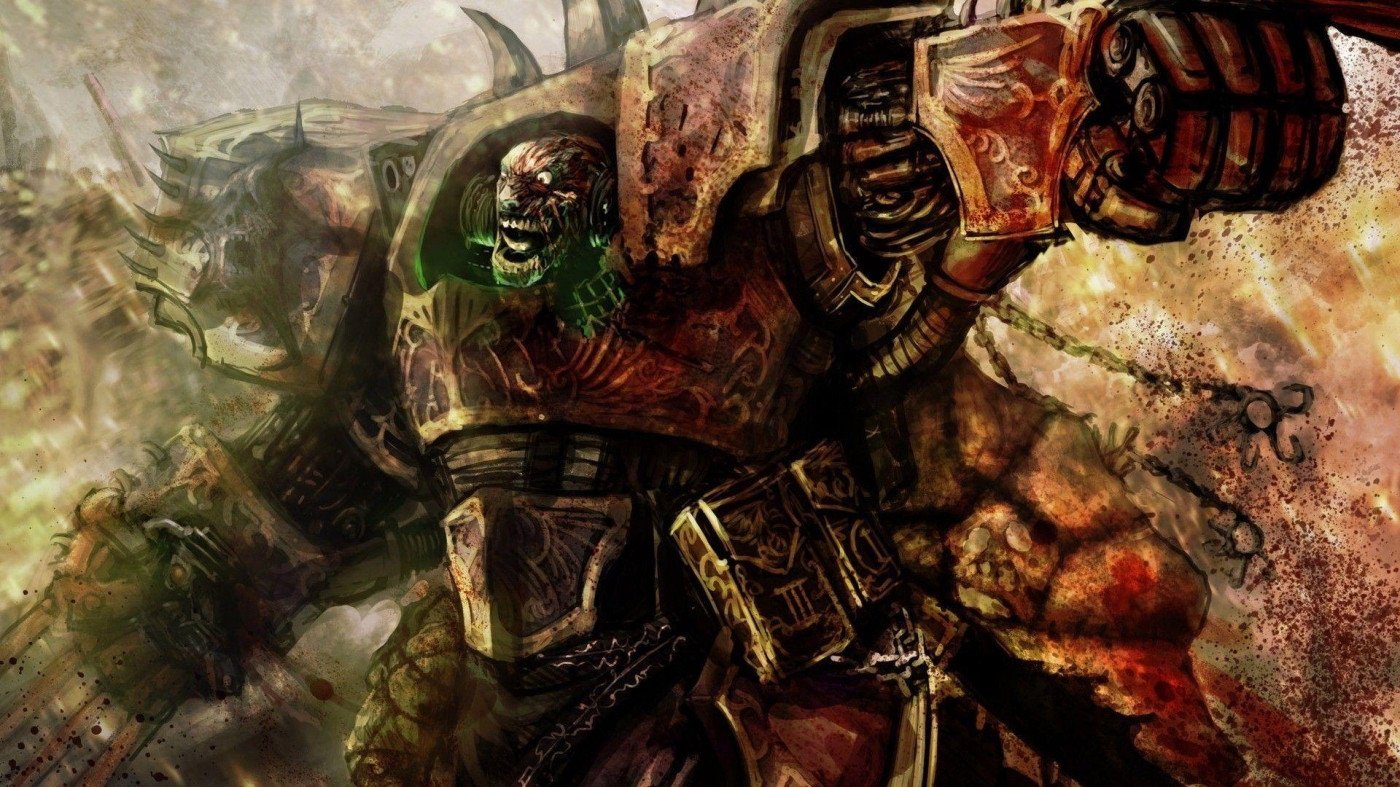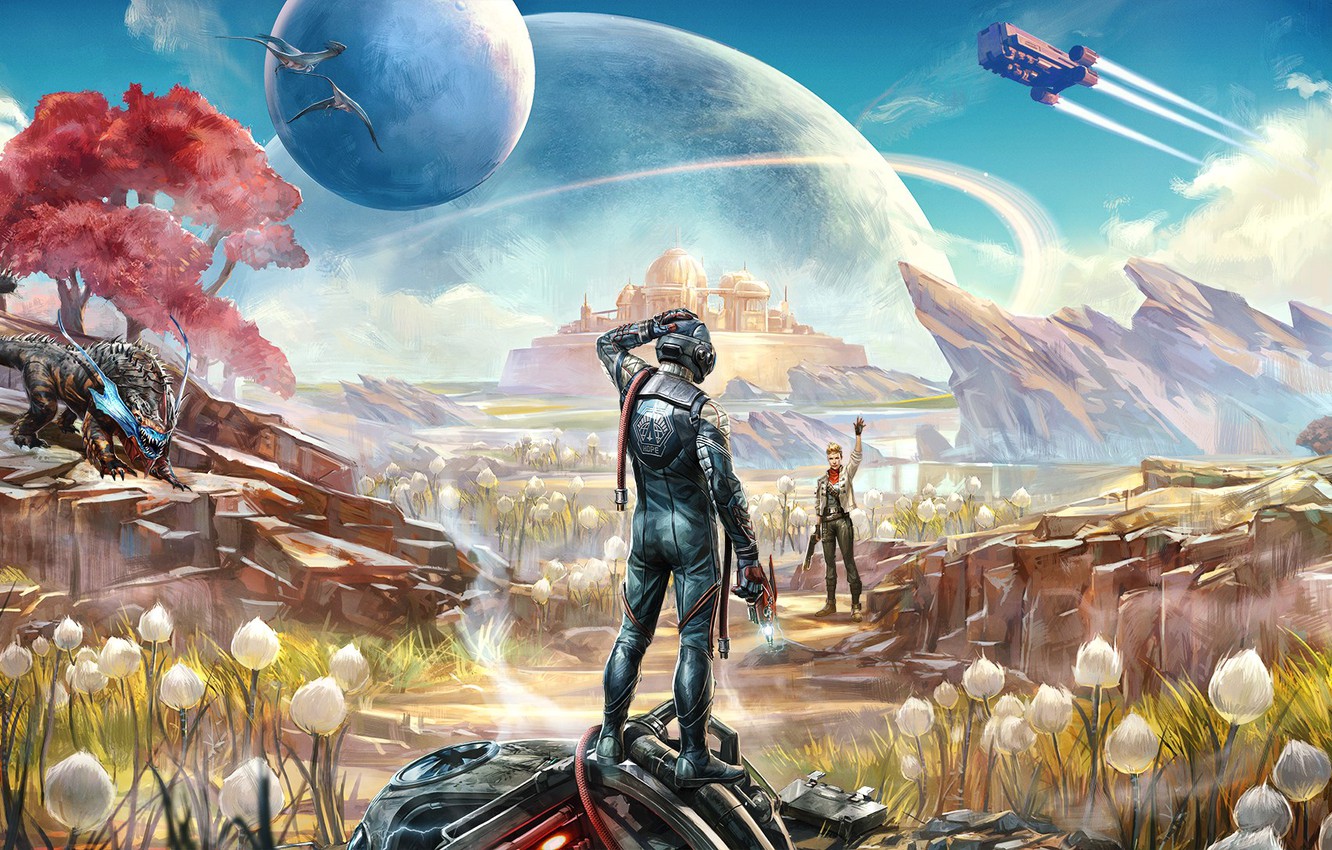The lower or inferior analogue of space is never more than a deception, which means of course that it doesn’t actually exist. The lower analogue of space can however appear to exist and it’s not just that it ‘appears’ to exist – it’s all we ever know. The lower analogue of space is what passes for reality! It’s our substitute for reality, and because of its intensely ‘compulsive’ (or ‘compelling’) nature we are very unlikely to ever see beyond it…
The lower analogue is what we relate to as reality whilst space itself we don’t know at all, we don’t relate to at all. Our relationship with space is that we don’t have any. This ‘lower analogue’ that we’re talking about is, as we have said, simply a form of deception that is being perpetrated upon us, or that we are perpetrating upon ourselves. The ‘deception’ is that instead of unitary space there are appears to be two things, there appears to be a PLUS and a MINUS and the whole thing about the PLUS and the MINUS is that one is an outcome that is good and which we want whilst the other is an outcome that is bad and we don’t like. A ‘bias’ has been introduced into the situation, in other words.
The deception that we’re talking about is very easy to understand therefore – what could be easier to understand than right and wrong, good and bad, positive and negative? What is hard to understand however is how this is a deception – we don’t see right and wrong, positive and negative as a deception at all, we see it as the way things actually are. We can stare at PLUS and MINUS forever without seeing how this duality represents a fundamental deception. The most likely thing in life is that we never will understand the point that is being made here – the odds are actually overwhelmingly in favour of the scenario where we go our whole lives without ever seeing duality as a deception.
The reason duality is a deception is – as we have already indicated – because the YES/NO polarity conceals or obscures space, and space is what is real. The lower analogue of space replaces the reality that is being analogized (or ‘described’) and therefore, in one sense, it ‘does away with the need for it’. Polarity conceals space because it pretends to be space, in other words, and the way that it pretends to be space is by convincing us that the movement or transition from NO to YES, from NEGATIVE to POSITIVE is a real movement, is a real transition.
This – we might say – is what space is all about – the possibility of real movement, real change. If there is the possibility of real movement or real change then what we are talking about is without question authentic honest-to-goodness space (or ‘openness’). The polar continuum however appears to offer this possibility – it offers us the very plausible possibility of moving from LESS to MORE, from MINUS to PLUS; it offers us the extremely compelling possibility of making the transition from BAD to GOOD, from WRONG to RIGHT. Moreover, our everyday perception is very much that this movement is ‘free’ or ‘volitional’ in its nature. We are moving from ‘where we don’t want to be’ to ‘where we do want to be’ so by definition it must be volitional! We’re ‘progressing’ – we’re moving from the not-ideal state to the ideal state and this – as far as we are concerned – is the very epitome of both ‘genuine change’ and ‘what we ourselves freely choose’.
This perception of ours is however fundamentally mistaken, fundamentally deluded. It is mistaken on both counts – what we are looking at here is neither ‘movement’, nor is it in any way ‘free’. This can be shown every easily – if we are interested in seeing it. If we take the second point first we can easily see that the desire to make the transition from MINUS to PLUS (i.e. the desire to win or succeed) cannot in any way be said to a free choice because the two categories that we are being presented with are both equally artificial (or ‘unreal’), having as they do no relationship to actual reality. We have been presented with an artificial context which functions as a ‘non-artificial context’ (which is to say, not a context or framework at all) when we take it for granted and operate exclusively within it. We have been presented with a game, in other words; we have been provided with a misleading analogue of reality that we cannot see to be either misleading or an analogue and if we can’t see what we suppose to be reality to be either misleading or an analogue then how can any ‘choices’ that we make within this context ever be said to be ‘free’?
If actual reality gets substituted for by a pseudo-reality, by a construct which misleadingly portrays itself as the real thing (and which also therefore effectively conceals or obscures what it is substituted for) then very clearly there can be no talk of ‘free choice’ or ‘genuine volition’. Our so-called choices have been foisted upon us by the system; our so-called ‘volition’ has been conveniently supplied for us by the defining parameters of the construct that passes itself off as not being a construct at all but the whole of what is possible. I am being asked to choose between YES and NO but both of these are categories belonging the invisibly coercive system. It’s not a choice at all therefore – it’s not a choice because there is absolutely no exercise of freedom on my part.
Games are always compulsive in nature for precisely this reason. It is in the nature of games to be compulsive situations because they substitute themselves for reality without ever making reference to the fact that they are doing so, because they are ‘supplying all the terms’. If I am supplying all the terms of reference for you whilst making out as I do so that these are the only terms of reference that there ever could be (and therefore that it is not me who is supplying them but reality itself) then you are not going to be able to make any meaningful choices, you are not going to be able to be able to exercise any freedom. The only way you could exercise a genuine ‘choice’ would by not playing the game in the first place. Your only expression of freedom would be by not taking the terms of reference that I have provided for you seriously, but this freedom will be impossible for you to avail of unless you see that the game is a game. The seeing is itself the freedom, therefore.
Games are polar situations – they are manifestations of YES/NO, of RIGHT / Wrong, of GOOD / BAD and the thing about this is that the polarized categories we are provided with by the game also equal our motivation in that situation. The evaluations we are making about the categories are driving our choices’, but these evaluations of implicit in the nature of the game itself and so there is no freedom with regard to us making them. The game supplies both the goal and our motivation to achieve the goal – it all comes in the one package! The game is both a definition of reality and a set of instructions as to what we have to do, how we are to behave in that supposed ‘reality’. Nothing is left to us – all we can do is try our best to obey the logic of the game and obtain the outcome that we’re supposed to obtain.
Our judgements, our values, our preferences are not our own in the other words. The system tells us what we like and what we don’t like. The system also tells us when we feel good and when we feel bad (since ‘feeling good’ is associated with us obtaining the outcome that the system tells us we want to obtain, and ‘feeling bad’ is associated with us avoiding the outcome that the system tells us we want to avoid). When we act in accordance with the values, judgements, preferences that the system is provided us with we say therefore that we are ‘doing what we want to do’. We say that we are acting in accordance with our own true volition. We say that we are making our own choices. But in reality the system is deciding everything. We aren’t doing what we want at all; we are liking what the system likes us to like and we are doing what the system wants us to want…
This brings us to the second point that we were going to make in, which is that there is no possibility of change or movement within the artificial context which is the lower analogue of space. We can use exactly the same argument that we used to make the first point and that is that there can be no such thing as genuine movement or change in an analogue (or model) of reality. The movement between one referent that has been supplied by the system and another referent supplied by that system is not movement at all; it is no more genuine ‘movement’ than the ‘choice’ between one option supplied by the system and another option supplied by that same system is genuine choice. The only type of movement or change that would be genuine would be movement out of the domain of ‘pseudo-possibilities’ that has been supplied for us by the misleading or deceptive analogue of space. We can’t move beyond the lower analogue of space until we see that analogue for what it is however and so again we can say that it is the seeing itself that is the movement.
From what we have just been saying it can be seen that ‘movement’ and ‘freedom’ are really just two different ways of talking about the same thing. ‘Freedom’ and ‘space’ are inseparable – freedom is space and space is freedom. Freedom is space and space is freedom and both of these are ‘reality’. Space is the only thing that is real, as we have already said. When we move out of reality and into the lower analogue of space then the consequences of this are (of course!) that we have no more freedom and no more space within which to exercise that freedom. We don’t know that we have lost space/freedom however because we have been supplied with a highly effective (or ‘plausible’) substitute – the substitute in question being the ‘polarity’, the ‘game’, the ‘lower analogue of space’.
‘Freedom’ is substituted for by ‘compulsion that we have identified with’ and ‘movement’ is similarly substituted for by the virtual (or nominal) separation between PLUS and MINUS, MORE and LESS, POSITIVE and NEGATIVE. The polar situation (which is made up of the separation of [+] and [-]) is in its very nature compulsive. We have no other option apart from being attracted to the one opposite and repelled by the other. And this ‘attraction’ and ‘repulsion’ that we feel towards the opposites would make no sense at all unless there was some sort of a possibility of movement towards the one and way from the other. Both the lack of freedom (i.e. compulsivity) inherent in the situation we are talking about and the apparent possibility of successfully obeying this compulsivity are created by ‘the separation of the opposites’ and yet the highly pertinent thing about all this is that the opposites simply CAN’T be separated, not ever, not in any way at all…
The fatuity of what is going on here (the fatuity of us obtaining what we are hoping to obtain as a result of chasing one pole and fleeing the other) can be seen very clearly when we look at the vicious paradoxicality that is inherent (usually invisibly so) in the game. When we operate within the ‘virtual or nominal’ space that is created by us trying to separate [+] from [-] then we are operating strictly within the terms of what we have called ‘the lower analogue of space’, which is essentially an axis with PLUS at one end and MINUS at the other. What could be easier to imagine than this? We operate within this scheme of things (i.e. the continuum of logic) all the time. The ‘paradox that we cannot see’ is however that PLUS equals MINUS and MINUS equals PLUS. This is the ‘cybernetic paradox’ spoken of by Gregory Bateson and Alan Watts; it is also the Cretan (or Liar) paradox mentioned both in the Old Testament and on Star Trek. The nature of the double-bind that we’re in is that we have to avoid the negative outcome and obtain the positive one and yet doing one ALWAYS involves incurring the other! We’re doing our best to successfully obey the compulsion that is inherent in the polar situation and yet the harder we try to obey it the more we run into the jaws of the paradox.
So here we are in this double-bind where we have no freedom but to try to obtain the positive outcome and avoid the negative and yet what we’re being compelled to do simply CAN’T be done. We’re being compelled to win rather than lose – which is to say, we’re being to separate the opposites – and yet the thing is that there are no circumstances within which this can ever happen since there never can be a separation between one pole and the other, complementary, pole. The two poles of the polarity are mutually dependent after all; we can’t have one without the other anymore (as Alan Watts says) than we can have buying going on without also having selling going on at the same time. There can’t be any space between POSITIVE and NEGATIVE because [+] / [-] analogizes space rather than accurately describing it. There is no space in the lower analogue of space – that’s the whole point. If there was space in the lower analogue of space then it wouldn’t be an analogue at all – it would be the real thing.
The simplest way to put all this is to say that the lower analogue of space has no being in it (because it doesn’t exist, because it isn’t real) and because the lower analogue of space has no being when we have to make do with it instead of the real thing (as we do have to make do) then this situation creates suffering. We respond to this suffering not by ‘giving up on the game’ but by playing it all the more seriously. We react to the pain that we’re in by chasing the positive outcome even more determinedly than before. We shun the negative outcome even more aggressively than we did before and this fans the flames of our suffering rather than quenching them. We’re ‘mired in fundamental illusion’ and the worse we feel as a result the more we turn to the very same illusion that caused us to feel so bad in the first place. We embrace the pain-producing illusion of duality all the more – we buy into it all the more. We take out shares in the company.
The lower analogue of space is a ‘suffering-producing trap’ in other words, and the only thing that is going to help us is to look outside of the narrow game that we are playing. The only thing that will free us from the suffering of duality is to cultivate patience, insight and compassion – virtues that our aggressively superficial, over-intellectual and over-compartmentalized culture has no interest in whatsoever…
The situation that we looking at here with is the situation where we are ‘compelled to engage in non-stop, futile, self-defeating behaviours’ and the reason life in the lower analogue of space compels us to engage in non-stop, futile, self-defeating behaviours is simply because it is NOT POSSIBLE to live life within the terms of ‘the lower analogue of space’! It is not possible to live life within the terms of the lower analogue of space is because – as we have already said – the lower analogue of space does not exist…







Rashid Dossett
It is the short term benefit of the fallen mind that keeps us trapped in that fallen mind. When the short term benefits expire and the long term sorrow appears, we want to return to the short term benefits thinking that if we just ‘did the right thing’ this would be better. That is the deception…
Nick Williams
We are always living on the short-term, both personally and collectively or politically. It’s the obvious thing to do and it would require genuine maturity to go beyond the obvious – there is a kind of a ‘cult of the obvious’ going on however which appears to have a tremendous hypnotic power. The more of us believe in it the more powerful it gets. The construct known as ‘the self’ can only persist when there is deception and this is the thing – if we saw beyond the ST benefit to the repercussion that always follows it then we would not invest in the illusion of the self in the first place. We just wouldn’t go there…